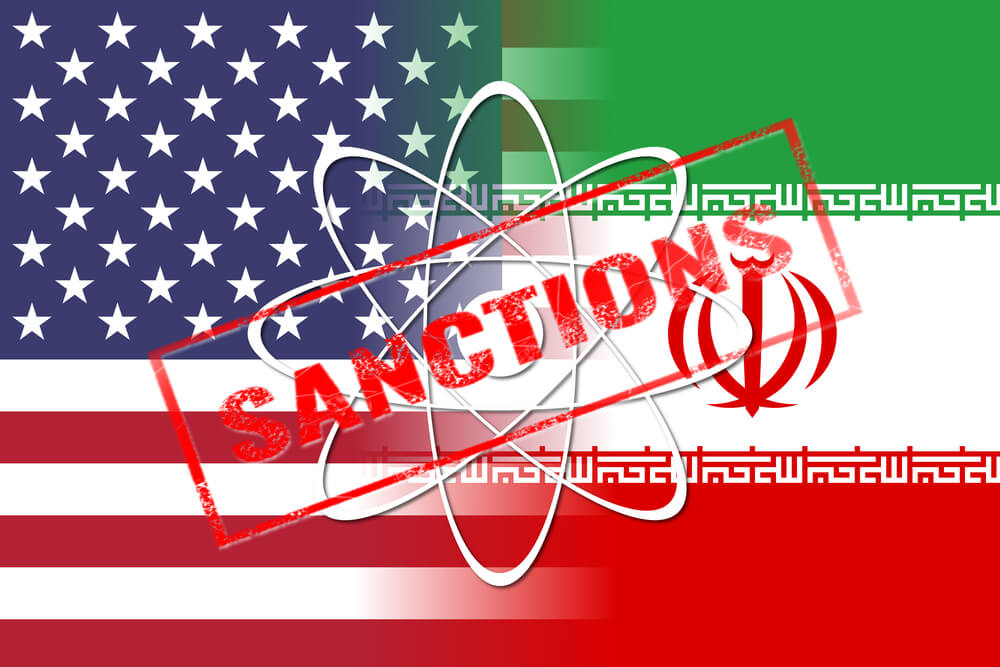President Donald Trump ordered Treasury Secretary Steve Mnuchin to “substantially increase” sanctions on Iran in the wake of attacks on two key Saudi Arabian oil processing facilities over the weekend, which the U.S. is blaming on Tehran.
Trump made the announcement Wednesday morning, via Twitter of course.
I have just instructed the Secretary of the Treasury to substantially increase Sanctions on the country of Iran!
— Donald J. Trump (@realDonaldTrump) September 18, 2019
The attacks occurred over the weekend and caused oil prices to surge a record 20% on Monday for Brent crude. Iran had already threatened to “immediately” respond to any actions taken against it, according to its state-run propaganda news agency, further stoking tensions in the Middle East.
“If any action takes place against Iran, the action will be faced by Iran’s answer immediately,” the Islamic Republic News Agency reportedly said, adding that Iran’s response wouldn’t be limited to the source of the threat without going into further detail.
Two Saudi oil fields at Abqaiq, the largest processing plant in the world, and Khurais, the country’s second-largest plant, were attacked Saturday, bringing a halt to the daily production of about 5.7 million barrels of crude, about 50% of the kingdom’s total output. In all, the two plants produced about 9.85 million barrels of oil per day during the month of August.
However, Saudi Arabia says 50% of Saudi Aramco’s lost production has already been restored, and the plants should be back up to full capacity by the end of this month.
Oil prices took a dive after the announcement of Trump’s new sanctions against Iran.
Brent crude futures fell 79 cents, about 1.22%, to $63.76 a barrel, while U.S. West Texas Intermediate futures were down 1.16% to $58.18.
After Monday’s record 20% spike, oil prices sank as much as 7% on Tuesday.
“The oil market has gone from pricing in the worst-case scenario, in terms of lost Saudi oil supplies, to one of the best-case scenarios, considering the scope and scale of the attack,” Again Capital analyst John Kilduff told the Washington Post.
